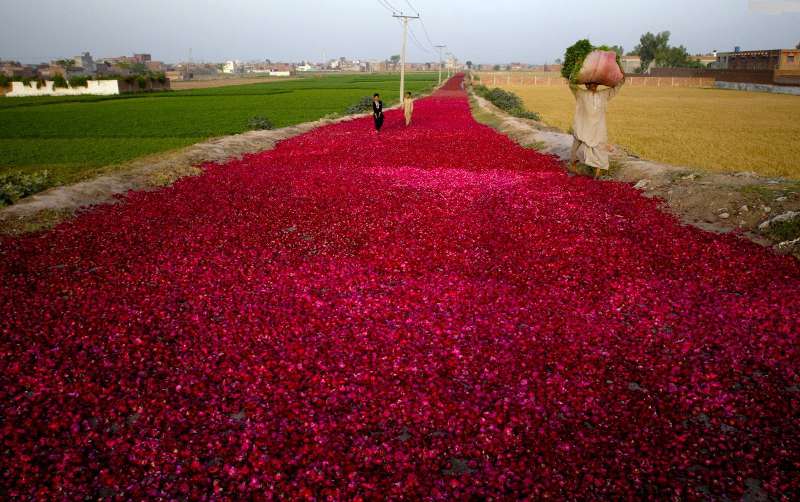FWP:
SETS
JIGAR: {2,1}
ROAD: {10,12}
JALVAH verses: {6,8x}; {7,4};
{10,5}; {15,4}; {15,6};
{16,8x}; {17,4};
{24,3}; {24,6};
{47,1}; {48,9};
{49,8}; {49,12};
{53,2}; {58,4};
{68,3}; {68,4};
{68,7x}; {71,8};
{75,5}; {80,7}; {80,8}; {82,2x}; {87,7}; {94,5x}; {101,9};
{104,3x}; 113,6}; {114,3};
{114,5}; {124,6};
{128,3x}; {130,1}; {139,6}; {143,4}; {147,3}; {149,2}; {152,2}; {152,5}; {154,7x}; {157,6}; {164,7};
{169,8}; {170,5}; {171,3}; {188,3x};
{190,9}; {191,6}; {192,2}; {213,1}**, jalvah hai ; {221,4x}; {228,2} // {244x,7}; {246x,6}; {258x,1}; {266x,2}; {299x,2}; {299x,3}; {307x,4}; {312x,4}; {320x,4}; {347x,4}; {349x,2}; {378x,3}; {404x,2}; {417x,3}; {427x,1}; {434x,6}
Bekhud Mohani puts the sea of blood in the past, so that now only its dried-out shore remains; the heavy flow of blood from liver to heart once provided resources for the radiant flourishing of love. (For more on the liver versus the heart, see {30,2}.) The difficulty is that the 'shore of a sea of blood' seems to make both ocean and sea equally present.
Most commentators go with Nazm, making the sea of blood a present sign of the breakdown of both liver and heart, which have melted away into blood. This view requires a previous state in which the liver-heart highway once had as its dust 'the glory/appearance of the rose'. Because the lover saw the beloved's beauty in every grain of 'dust' on the road, as in (2a)? Because the lover disdained the mere garden rose and considered it worthless, as in (2b), by comparison to the beloved's beaury?
How impossible it is to detect any tone in this matter-of-fact reportage! Is the lover sorry, or glad, or indifferent, about the change? The tone shifts with the reading, and vice versa.
Ghalib is very partial to 'dust' vs. 'glory/appearance' oppositions.
For more examples, see {6,8x}; {68,4};
{87,7}; {114,3};
{114,5}. (I also want to put {61,7}
alongside these, as further material for thought.)

Nazm:
That is, from heart to liver there's now a river of blood; formerly, on that very road there was such flourishing that the glory/appearance of the rose became dust when compared to it. That is, once upon a time I too had a flourishing and colorful heart. (8)
== Nazm page 8